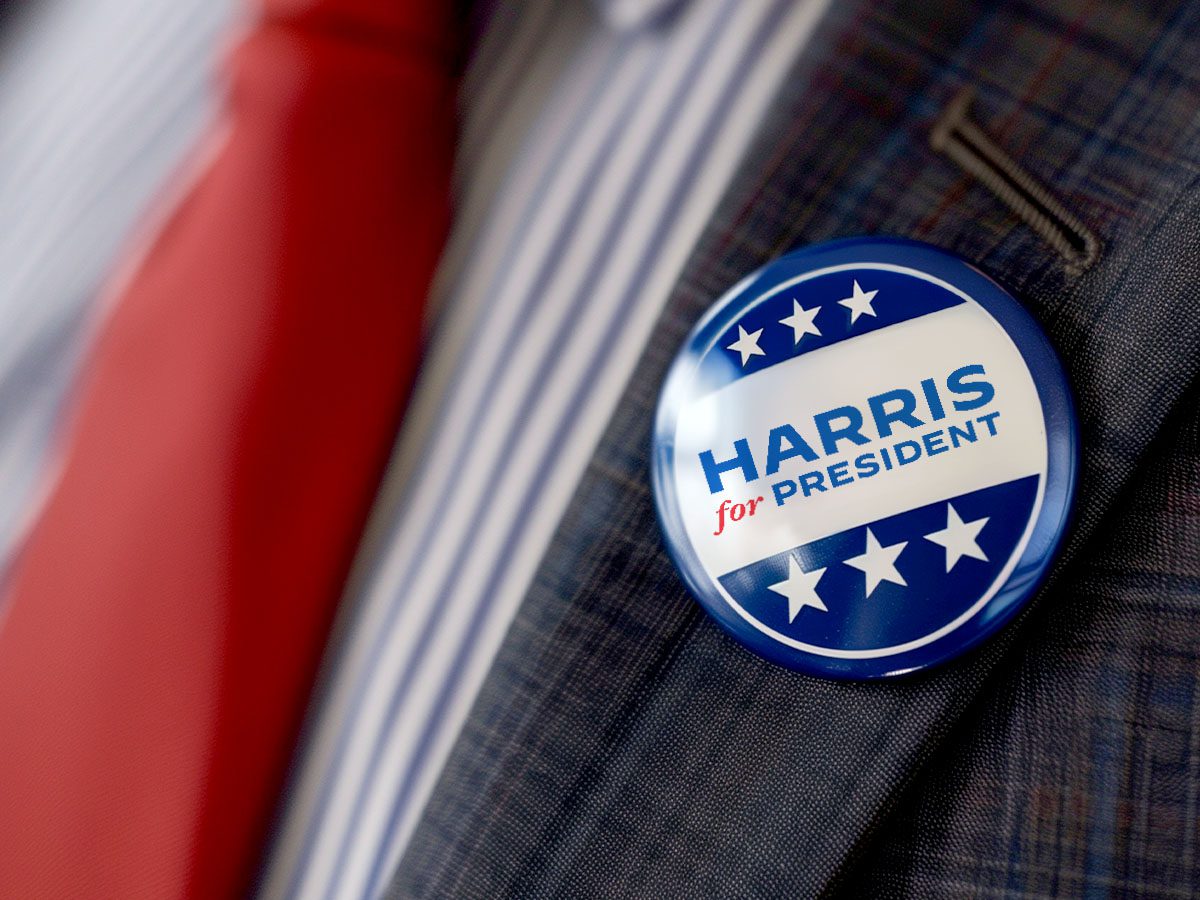
In a surprising and controversial op-ed published in The New York Times on Sunday, political commentator and columnist David French made headlines by endorsing Vice President Kamala Harris for the 2024 presidential election. This move is particularly striking given French’s background as a conservative and his deep roots in the evangelical community. In his article, French articulates his reasoning not just as a political maneuver but as a desperate attempt to “save conservatism” from what he perceives as the damaging influence of Donald Trump’s “MAGA movement.”
David French has long been recognized as a staunch conservative, deeply committed to the principles of limited government, individual liberty, and traditional values. He is also a vocal proponent of the pro-life movement and supported the 2022 U.S. Supreme Court Dobbs decision that overturned Roe v. Wade, returning the issue of abortion to the states. Given these credentials, French’s endorsement of Kamala Harris, a Democrat with markedly different views on many issues, raises eyebrows.
French acknowledges the inherent tension in his decision. “But I’m going to vote for Kamala Harris in 2024 and — ironically enough — I’m doing it in part to try to save conservatism,” he wrote. French’s statement reflects his belief that the Republican Party, under Trump’s leadership, has strayed too far from the ideals that once defined it.
French’s deep concern about Donald Trump’s impact on the evangelical church is central to his argument. French, who claims to have a “particular focus on the health of the evangelical church,” argues that Trump has not only shifted the Republican Party but also altered the church’s culture.
“It is difficult to overstate the viciousness and intolerance of MAGA Christians against their political foes,” French wrote. “There are many churches and Christian leaders who are now more culturally Trumpian than culturally Christian. Trump is changing the church.”
French’s critique of Trump extends to the former president’s alleged dishonesty. French emphasizes that lying, a fundamental moral failing, should be a clear disqualifier for anyone seeking public office. He expressed dismay at what he perceives as the church’s willingness to overlook or even embrace Trump’s dishonesty, particularly in the context of the 2020 presidential election and the ensuing claims of fraud.
“Let’s take an assertion that should be uncontroversial, especially to a party that often envisions itself as a home for people of faith: Lying is wrong,” French wrote. “I have never seen a human being lie with the intensity and sheer volume of Donald Trump.”
French’s endorsement of Harris is also rooted in his broader concerns about Trump’s influence on American politics and society. He argues that Trump’s “MAGA movement” has caused the Republican Party to drift away from “Reaganite conservatism,” a reference to the ideals championed by former President Ronald Reagan, including a strong national defense, free markets, and a commitment to moral values.
Moreover, French accuses Trump of fomenting political violence, pointing to the former president’s alleged support for those involved in the January 6th Capitol riot. French highlights Trump’s use of songs sung by prisoners incarcerated for their role in the riot during his rallies as evidence of his endorsement of “violent insurrectionists.”
French also condemned the Republican National Convention, held in Milwaukee, Wisconsin, last month, for featuring speakers whom he described as morally compromised. He cited the inclusion of individuals with controversial pasts, suggesting that their presence reflects poorly on the party as a whole.
“It becomes even stranger to claim that Christians can’t vote for Democrats when the prime-time lineup at the Republican convention featured an OnlyFans star, a man who publicly slapped his wife, a man who pleaded no contest to an assault charge, and another man who had sex with his friend’s wife while the friend watched — and that’s not even including any reference to Trump himself,” French wrote.
French’s solution to what he views as the moral decay within the Republican Party is to support Kamala Harris. This endorsement is not without its critics, particularly within conservative and evangelical circles. Harris, who has consistently championed progressive policies on issues such as abortion, LGBTQ rights, and criminal justice reform, stands in stark contrast to the values French has traditionally supported.
However, French argues that a Harris administration would at least offer a clear stance against autocratic leaders like Russian President Vladimir Putin and provide an opportunity for conservative Americans to rebuild their movement on more principled foundations.
“If Harris wins, the West will still stand against Vladimir Putin, and conservative Americans will have a chance to build something decent from the ruins of a party that was once a force for genuine good in American life,” he asserted.
French’s endorsement of Harris is indicative of the deep divisions within the conservative movement, particularly among evangelicals. His decision to prioritize the character and moral integrity of a candidate over policy alignment represents a significant departure from the typical calculations of political endorsements.
It also underscores a growing concern among some conservatives that the Republican Party, under Trump’s leadership, has strayed too far from its foundational principles. French’s call to action is a plea for conservatives to reconsider what truly defines their movement — and whether the current trajectory of the party aligns with those values.
As the 2024 election approaches, French’s endorsement will likely provoke intense debate within the conservative community, raising questions about the movement’s future and the role of evangelical Christians in American politics. Whether French’s appeal will resonate with other conservatives remains to be seen, but it undoubtedly adds a new dimension to the ongoing discussion about the direction of the Republican Party and the future of conservatism in America.


